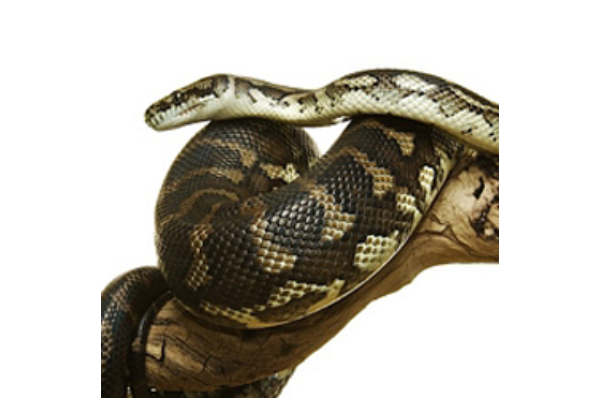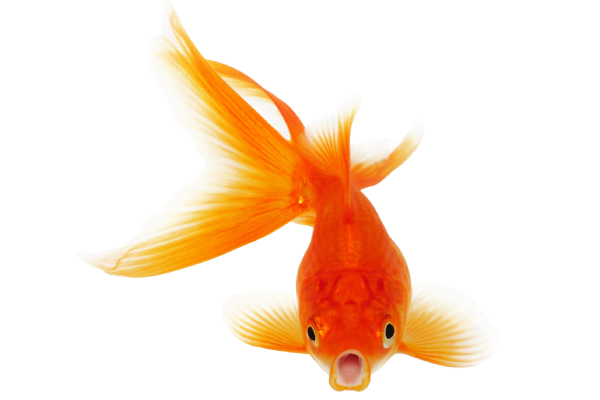Veterinary Services for Reptiles and Fish

Reptiles
Signs of illness in reptiles
- Quietness and lethargy
- Not moving/swimming normally
- Hiding more
- Changed behaviour
- Eating less
- Change in size, colour or consistency of faeces
- Bleeding, swellings, wounds
- Not using limbs
- Discharge from mouth, vent, nostrils, eyes
Snakes and Lizards
Heating and light – both lizards and snakes require an additional heat source in their enclosure, ideally a globe which can be either infra-red or emit visible light. These globes should be enclosed to prevent the animal coming into contact with the naked globe. Different reptile species have different ideal temperature ranges – this should be kept in mind when designing and maintaining their enclosure.
Designing an enclosure to have a thermal gradient is important to allow the reptile to control its own body temperature. If the heating lamp does not give out UV light as well, a separate source of this should be supplied to the enclosure. UV is important for calcium metabolism in reptiles and low levels can result in severe disease.
Snakes and lizard diets and habitat requirements vary significantly between the many different species. It is important to know whether your pet snake or lizard is mainly ground or tree dwelling – housing should be designed to accommodate this. It is also important to know what their diet would be in the wild and try to match this nutritionally as closely as possible.
For most of the year snakes will feed once weekly to once fortnightly depending on their size. In winter this reduces dramatically, in some cases feeding may cease entirely. Digestion in reptiles depends on the temperature of the enclosure – sudden drops in temperature after feeding may lead to regurgitation or decay of the food in the stomach.
A large majority of diseases in lizards and snakes are caused by underlying issues such as poor husbandry, malnutrition and lack of sanitary and hygienic procedures. In cases of disease or illness in reptiles it is important to assess all aspects of the husbandry process as well as the animal itself.
Turtles
Turtles can be kept in aquariums or outdoor ponds – it is recommended that young turtles be kept in aquariums initially until they mature. Turtles need to be in water to eat, drink and defecate and also require external heat to maintain their body temperature. It is important that the enclosure a turtle is kept in is appropriate for its current and expected size – it is important to look up the turtle species and its expected mature size.
Regular weight checks of your pet turtle are also recommended. If weight gain or weight loss is noted, then a health check should be arranged with your local vet.

Fish
Signs of ill health
- Scratching on rocks/gravel floors
- Colour looks ‘washed out’ and dull, possibly erosions on skin
- Clouded eyes
- Ragged fins
- Staying near the surface
- Not eating
- Rapidly moving gill covers
Our vet has experience with tropical fish, gold fish and axolotyl husbandry and has previously successfully performed a tumour removal on a perch (fish).
For further information about how we can help with your reptiles and fish, call us on 07 4163 3388 or get in touch via our contact page.

